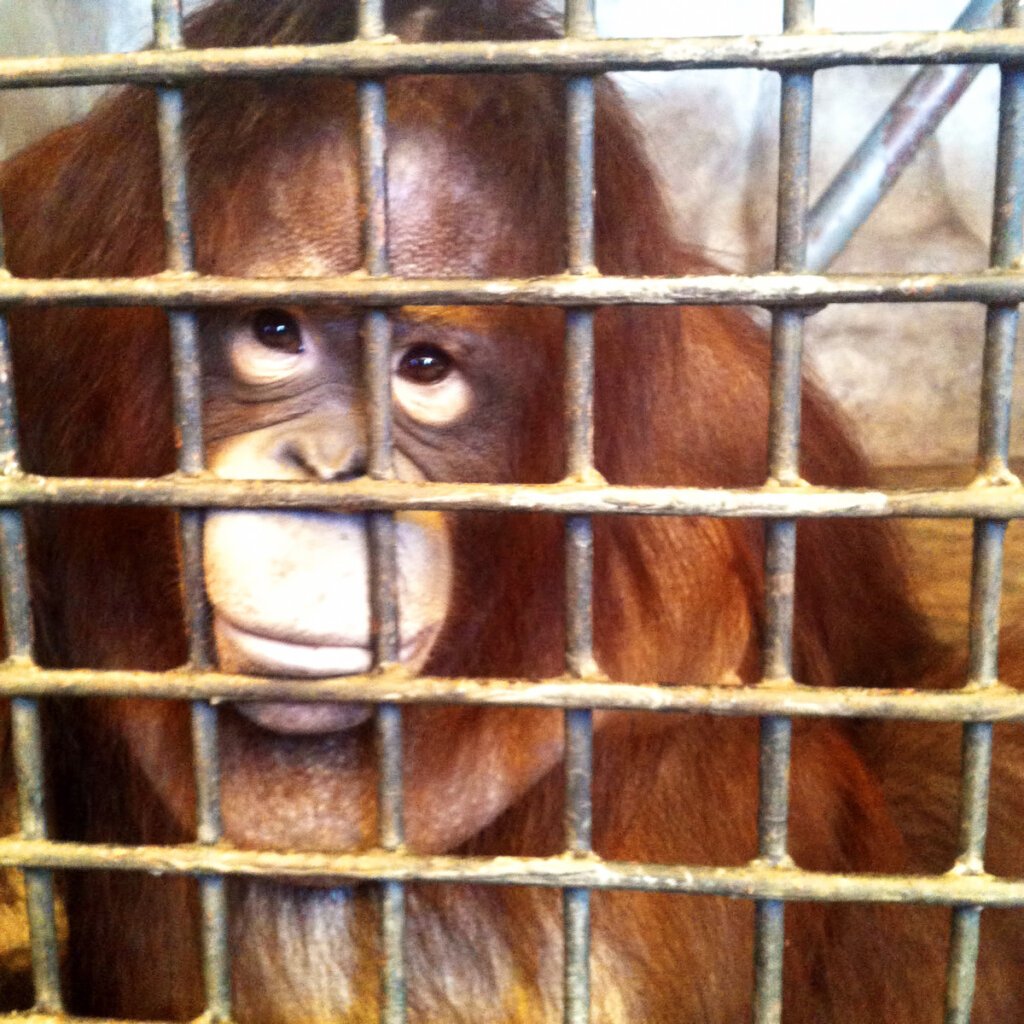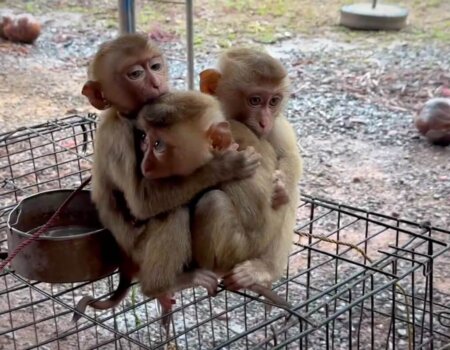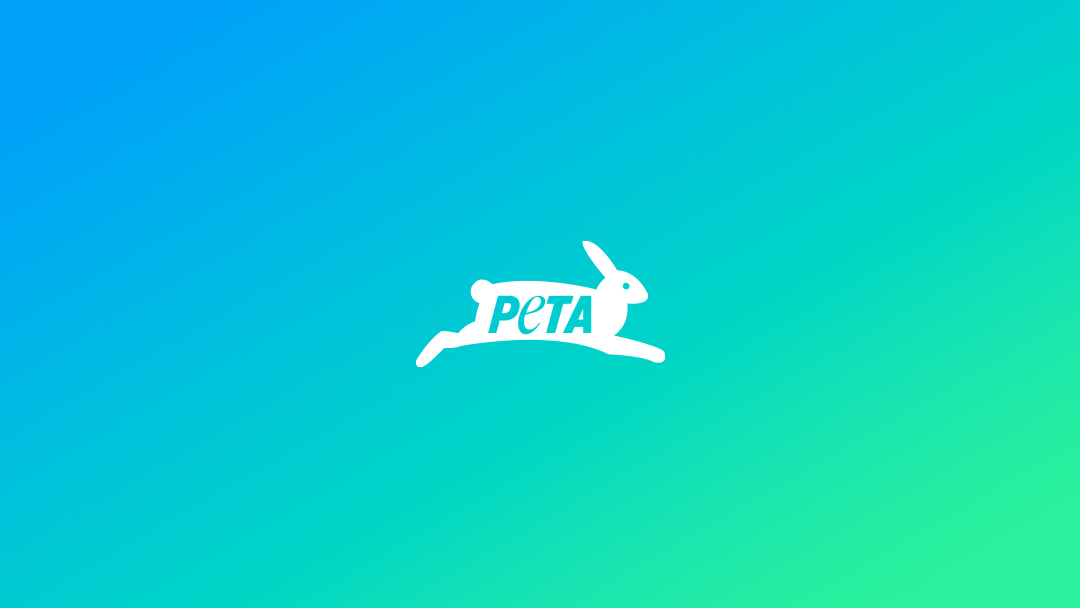
Big News! Airbnb Experiences Bar Elephant Rides, Tiger Cub Petting, Dolphin Captivity and More!
After working with PETA US, international hospitality company Airbnb announced the launch of new policy guidelines governing its Animal Experiences, which ban direct-contact activities that abuse and exploit wild animals!
Airbnb Experiences are bookable tours and activities, designed and led by local experts. While Airbnb has excluded elephant rides from its tourism experiences for some time now, the new policy prohibits other encounters that cause animals harm, such as swimming with dolphins and photo ops with tiger cubs.
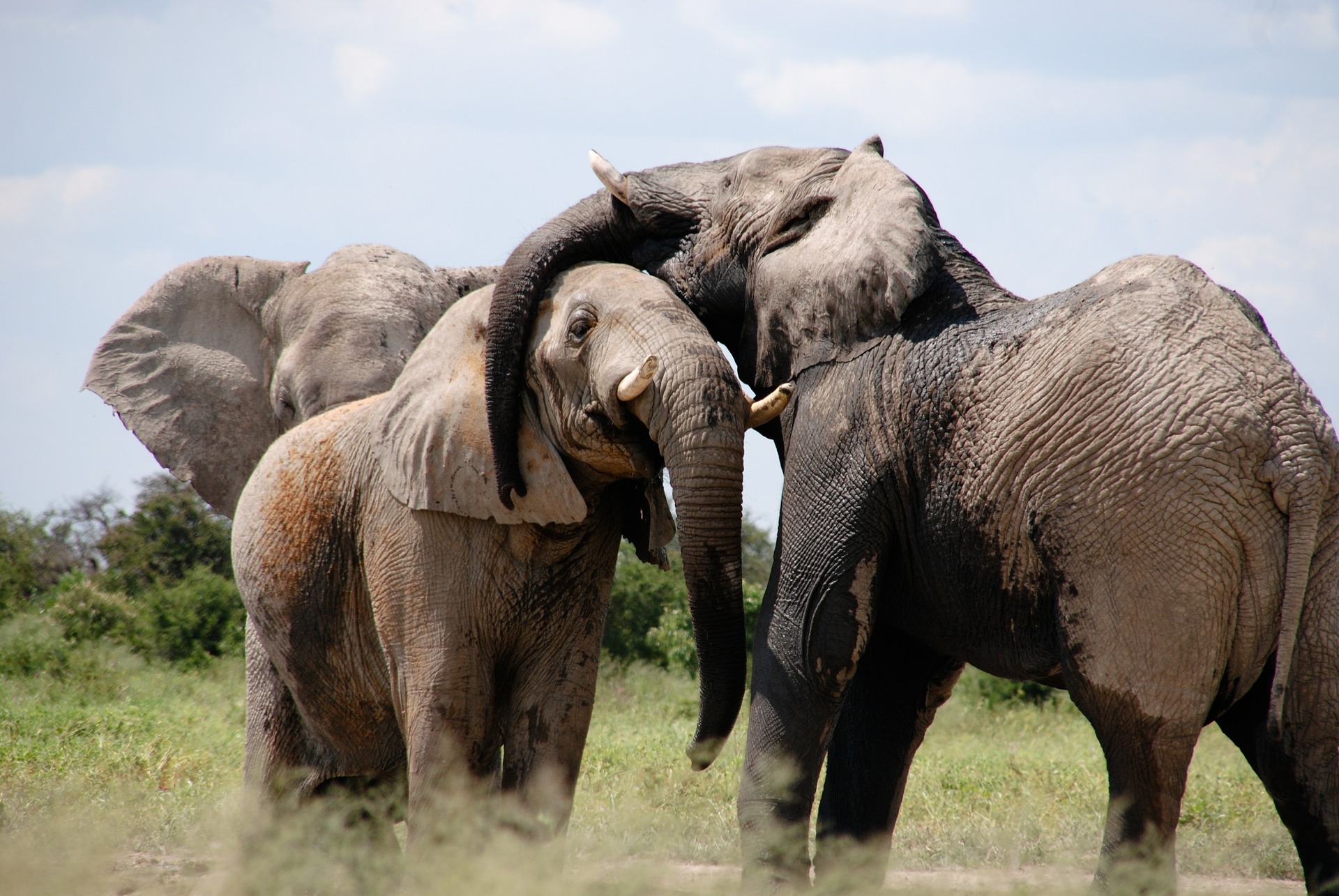
When discussing elephant rides, Airbnb noted that “captive elephants go through a stressful training process to be able to interact with humans. Often elephants are restrained, bullhooks are used, and they are overworked.”
In major tourist destinations such as India and Thailand, handlers steal baby elephants from their mothers, then tie them down and beat them so severely that the babies bleed and scream. Abusers break elephants’ spirits in order to force them to perform ridiculous tricks, give rides to tourists, or allow humans to interact with them.
Airbnb also prohibits experiences involving marine-mammal captivity (which includes you, Sea World on the Gold Coast!). PETA US will continue working with the company to evolve its policies further around protecting animals from abusive and exploitative attractions.
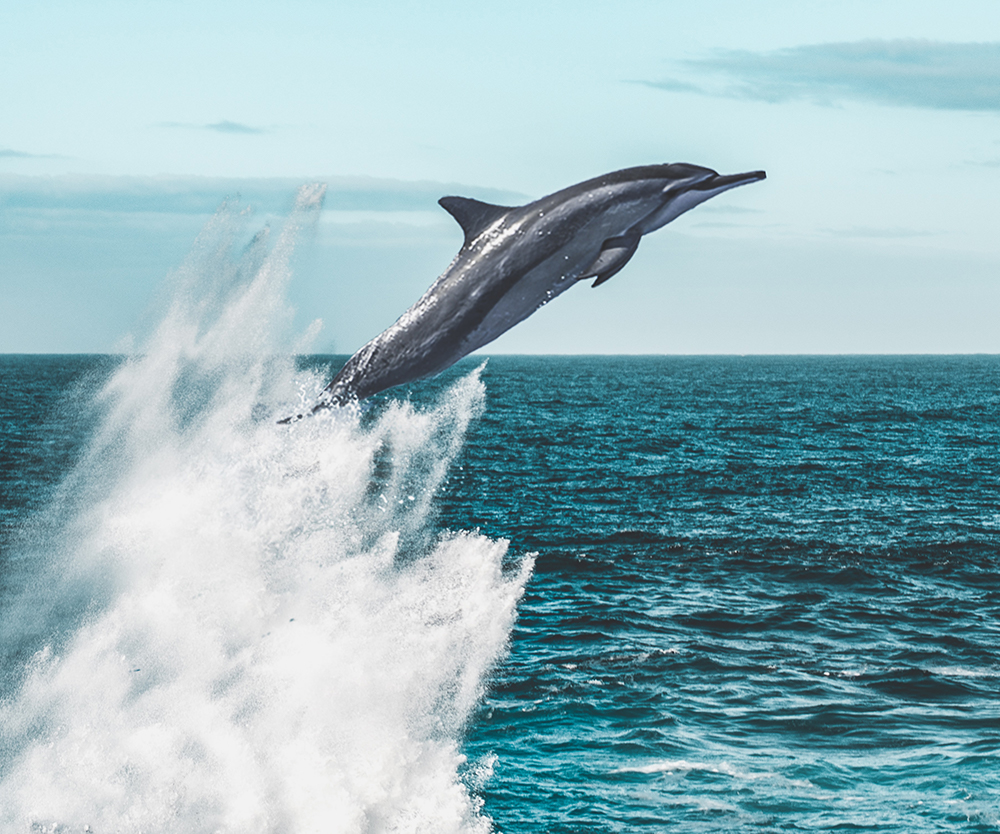
We can sleep better at night, knowing that Airbnb has raised the bar on compassionate tourism, and PETA urges others in the industry to follow its example.
Experts claim that more than half a million exotic animals are enslaved worldwide in the tourism industry. From selfies with tigers to elephant rides, these activities hurt animals more than you may realise.
No one should partake in tiger cub interactions, for which many babies are torn away from their mothers and denied everything that’s natural and important to them. What tiger exploiters don’t tell you is that tigers too big for “handling” are often kept inside cramped cages, where they’re deprived of exercise, enrichment, and adequate veterinary care.
Likewise, marine-mammal exhibitors force sensitive, intelligent animals to endure a lifetime inside tanks that are to them the equivalent of bathtubs. In the open ocean, wild orcas and other dolphins live in large, complex social groups and swim vast distances every day. In captivity, they can only swim in endless circles and are forced to perform meaningless tricks for humans.
At parks offering “swim with dolphins” experiences, dolphins are denied opportunities to express natural behavior. Whereas they would swim up to 60 miles a day in the ocean, in captivity, they’re confined to cramped tanks or polluted sea pens and forced to interact with humans, which is highly stressful and potentially harmful to them. Well-meaning tourists support this industry, but you can help by telling everyone you know to avoid attractions such as Sea World and “swim with dolphins” experiences.
What You Can Do to Help End Animal-Exploitative Tourism
Airbnb’s compassionate move shows that using animals for entertainment is more unpopular than ever before.
There’s no shortage of animal-friendly activities for compassionate tourists to choose from. Travelers can observe animals from a safe distance in their natural homes or at nature preserves and can even visit reputable sanctuaries. Take photos of sea lions sunbathing in their natural habitat, or attend an animal-free circus.
If there’s any chance that your experience will hurt an animal, it’s not worth it!
Help Animals in 2025: Renew Your PETA Membership!
